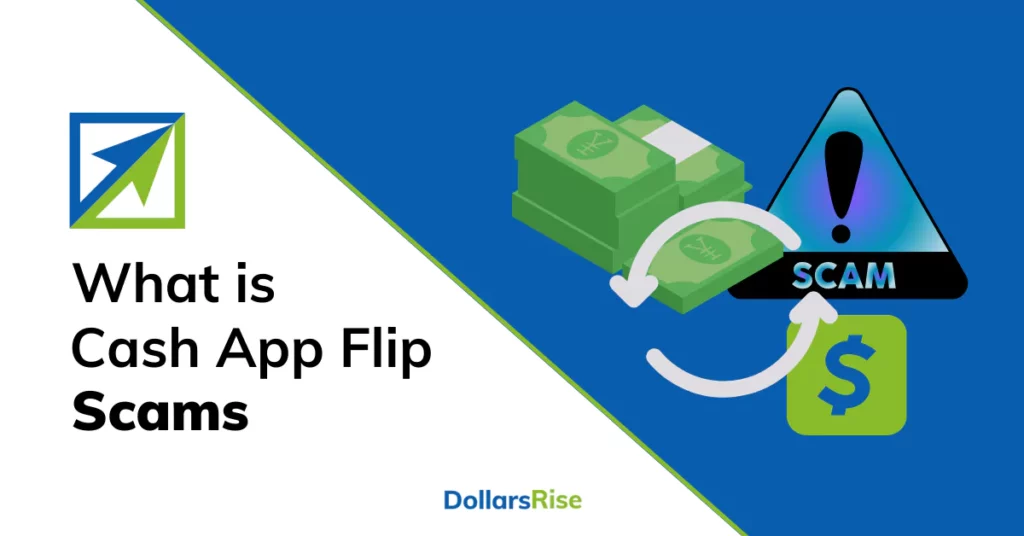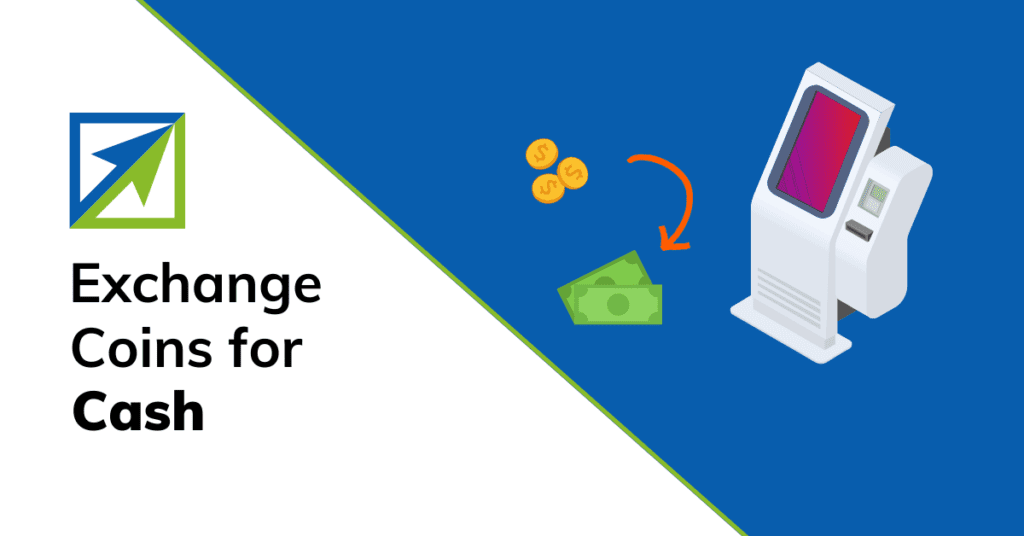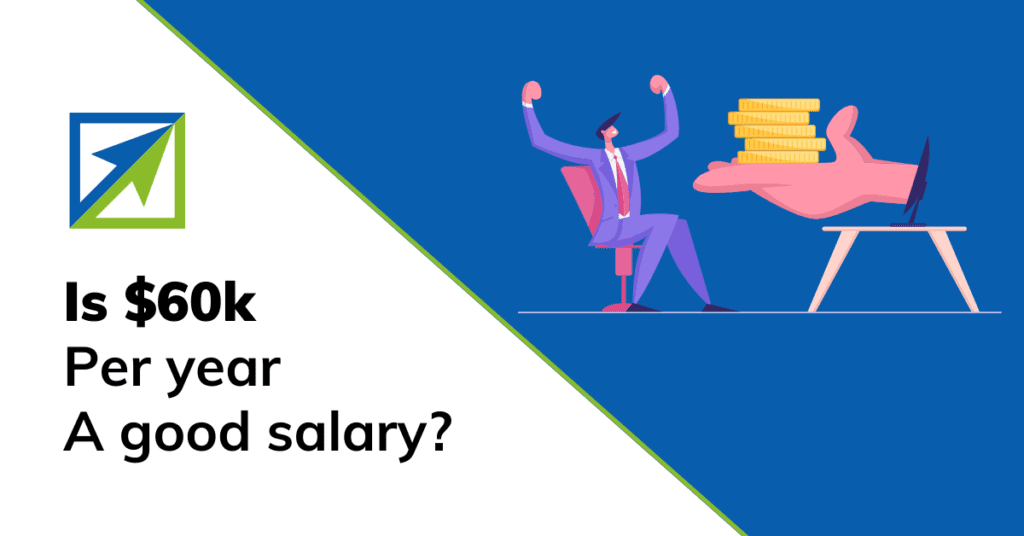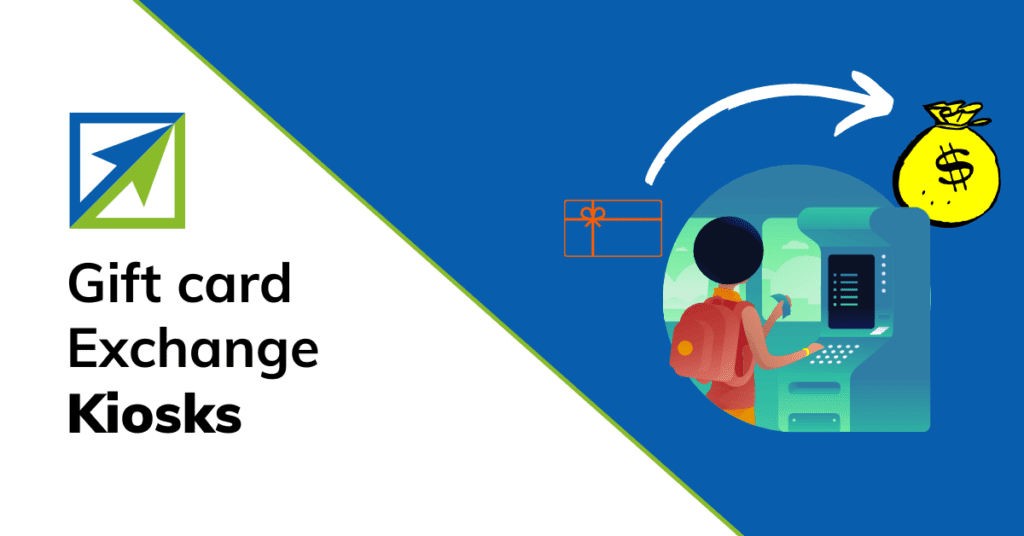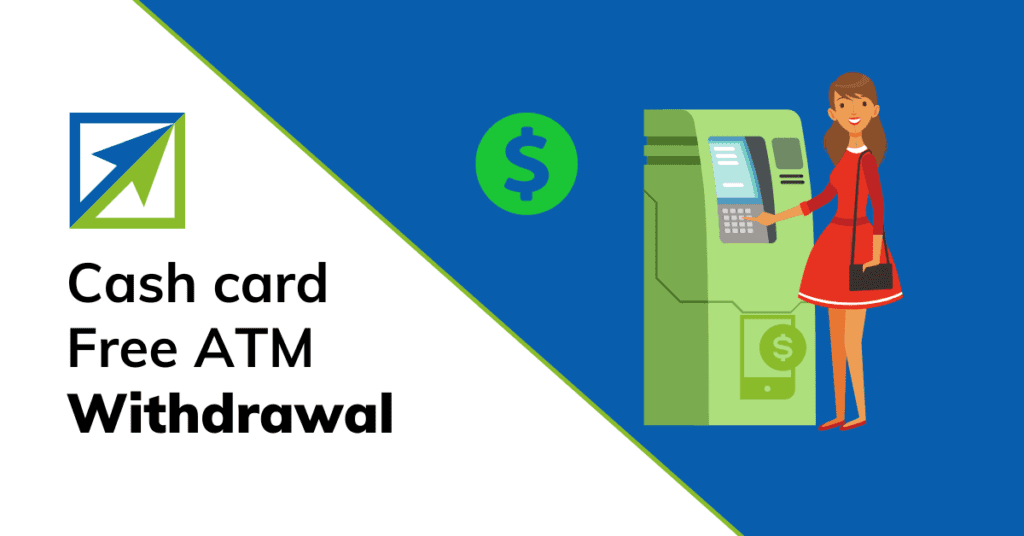This post may contain affiliate links from which I may earn a commission without any cost to you. Read our policy for details.
Cash App is a popular peer-to-peer payment app that allows users to send and receive money instantly with their smartphones. The app is loved for its accessibility, data security, and customer support.
Users can also link their Cash App accounts to their bank accounts and use them for online shopping, investing, and more.
However, as Cash App grows in popularity, so do the risks of falling victim to scams on the app. One of the most common scams is the Cash App flip scam, which promises to multiply your money in exchange for a small fee.
In this article, I will explain what Cash App flip scams are, how they work, how to recognize them, and how to protect yourself from them.
Key point: A Cash App flip scam is a type of fraud in which a scammer convinces you to send them money on Cash App, promising to multiply it and send it back. However, once you send the money, the scammer disappears with it and never returns it.
But before that, if you are still not using Cash App, here is your chance to get $5 free instantly and hundreds of dollars down the line if you follow my advice here on how to get free money on Cash App.
Understanding Cash App Flip Scams
A Cash App flip scam is a type of fraud in which a scammer convinces you to send them money on Cash App, promising to multiply it and send it back.
For example, they may claim that they can turn $100 into $1000 in minutes or that they have a special technique or insider knowledge that allows them to flip money quickly and easily.
The scammer usually contacts you through social media, such as Instagram, Twitter, or Facebook, where they post pictures or videos of themselves holding large amounts of cash or showing screenshots of their Cash App balance.
They may also use hashtags like #cashappflip or #cashappblessing to attract potential victims.
Alternatively, they may target participants of legitimate Cash App giveaways, hoping that they are more willing to try different ways to make money on the app.
The scammer then asks you to message them privately or follow them to another platform, where they explain the details of the flip. They usually ask you to send a small amount of money first, such as $10 or $20, to prove that you are serious and trustworthy. They may also claim that this fee is necessary to cover the transaction costs or taxes involved in the flip.
Once you send the money, one of two things may happen:
- The scammer disappears with your money and blocks you from contacting them.
- The scammer sends you back double the money (usually a small amount of $10 or $20) and claims that this is proof that the flip works. They then ask you to send more money for a bigger flip, promising even higher returns. However, once you send more money, they disappear with it and block you from contacting them.
In either case, you lose your money and never receive the promised flip.
How Cash App Flip Scams Work
A Cash App flip scam works by exploiting your greed and trust. The scammer uses social proof and persuasion techniques to make you believe that they have a legitimate way to multiply your money on Cash App. They also create a sense of urgency and scarcity by telling you that the offer is limited or exclusive.
The scammer then asks you to send them money on Cash App using their $Cashtag (a unique identifier for Cash App users) or QR code. They may also ask you for your phone number or email address so that they can send you confirmation messages or receipts.
However, once you send the money, the scammer has full control over it. Unlike payments made using a credit or debit card, transfers through Cash App are not protected in case of fraud or theft. Cash App treats all money like cash, so it is almost impossible to get it back once it is transferred.
The scammer then either runs away with your money or tries to get more from you by sending you fake proofs or testimonials. They may also try to access your Cash App account by asking you for your login details or sending you phishing links.
Examples of Cash App Flip Scams
Here are some examples of common scenarios in which Cash App flip scams occur:
- A user sees a post on Instagram from someone claiming that they can turn $100 into $1000 on Cash App in 10 minutes. The user messages the poster and agrees to send $100 for the flip. The poster then sends back $200 and says that this is just a sample of what they can do. They then ask the user to send $500 for a bigger flip of $5000. The user sends $500 but never receives anything back.
- A user participates in a Cash App giveaway hosted by a celebrity or influencer. The user receives a direct message from someone claiming to be an official representative of Cash App or the giveaway sponsor. The message says that the user has won a prize of $1000 but needs to pay a processing fee of $50 on Cash App first. The user pays the fee but never receives the prize.
- A user follows an account on Twitter that posts screenshots of their Cash App balance showing thousands of dollars. The account also uses hashtags like #cashappflip or #cashappblessing and invites followers to message them for more information. The user messages the account and learns that they can join a cash flipping group where everyone sends money to each other and gets back double or triple the amount. The user sends $100 to join the group but never gets anything back.
Recognizing Red Flags
Cash App flip scams are not hard to spot if you know what to look for. Here are some common signs and signals that indicate that someone is trying to scam you on Cash App:
- They contact you unsolicited through social media or other platforms
- They promise unrealistic returns for sending them money on Cash App
- They ask you to pay a fee or tax before receiving your flip
- They pressure you to act fast or miss out on the opportunity
- They use fake names, photos, testimonials, or screenshots to prove their credibility
- They ask you for your personal information, such as your phone number, email address, login details, or bank account information
- They send you phishing links or attachments that may contain malware or spyware
- They refuse to answer your questions or provide more details about their flip method
- They block you from contacting them after receiving your money
You should also be wary of anyone who claims to be affiliated with Cash App or its parent company Square Inc., as these are likely impostors trying to trick you into trusting them. Cash App does not have any official representatives who contact users directly through social media or other platforms.
Additionally, you should always check the legitimacy of any Cash App account before sending money to it. You can do this by verifying their $Cashtag and QR code. You can also check their profile picture (which should match their name) and transaction history (which should show their recent activity).
How to Protect Yourself from Cash App Flip Scams
The best way to avoid falling victim to Cash App flip scams is to use common sense and follow some basic safety measures when using the app. Here are some essential tips on how to protect yourself from Cash App flip scams:
- Never send money to strangers on Cash App who promise to multiply it for you
- Never pay any fees or taxes before receiving your money on Cash App
- Never share your personal information, such as your phone number, email address, login details, or bank account information with anyone on Cash App
- Never click on any links or attachments that someone sends you on Cash App without verifying their source and purpose
- Always check the legitimacy of any Cash App account before sending money to it by verifying their $Cashtag, QR code, profile picture, and transaction history
- Always confirm any money transfer on Cash App before completing it by checking the recipient’s name and amount
- Always use your own device and network when accessing your Cash App account and avoid using public Wi-Fi or shared computers
- Always enable security features on your device and app such as PIN lock, face ID, touch ID, two-factor authentication etc
- Always update your app regularly and report any suspicious activity or transactions on it
What To Do If You’ve Fallen Victim To A Cash App Flip Scam
If you’ve fallen victim to a Cash App flip scam, don’t panic. There are some steps you can take to minimize your losses and report the scammer.
Firstly, contact Cash App support immediately through their website https://cash.app/help, phone number 1 (800) 969-1940, email address [email protected], or Twitter handle @CashSupport. Explain what happened and provide any relevant details such as the scammer’s name, $Cashtag, QR code, transaction ID, date, amount, etc. Ask them if they can reverse the transaction, freeze the scammer’s account,or refund your money.
Secondly, contact your bank or card issuer if you linked your bank account or card with your Cash App account. Inform them about the fraudulent transaction and request them to stop any further charges, block your card, or issue a new one.
Thirdly, report the scammer’s social media account where they contacted you. Most platforms have options for reporting abuse, spam, or fraud. Provide any evidence, such as screenshots, messages, or links, that show how they scammed you.
Fourthly, file a complaint with law enforcement agencies such as Federal Trade Commission (FTC), Internet Crime Complaint Center (IC3), or National Cyber Crime Reporting Portal online at cybercrime.gov.in.
Lastly, seek professional help if you suffer from financial or identity theft, such as contacting a credit bureau, a financial advisor, or a counselor.
Be Vigilant & Stay Away From Cash App Flips
Cash App flip scams are a type of fraud that targets Cash App users who want to make money quickly and easily. However, these scams are nothing but lie that will only result in you losing your money and possibly your personal information.
The best way to avoid Cash App flip scams is to be vigilant and educated about how they work and how to spot them. Always check the legitimacy of any Cash App account before sending money to it. Always confirm any money transfer on Cash App before completing it.
Don’t lose hope if you have fallen victim to a Cash App flip scam. Contact Cash App support, your bank or card issuer, and law enforcement agencies, and seek professional help as soon as possible to minimize the loss.
Remember, Cash App is a safe and convenient way to transfer money, but only if you use it wisely and responsibly. Don’t let scammers take advantage of your trust and greed.
Share this information with your friends and family to protect them from Cash App flip scams.
Related readings:
- Different types of Cash App scams
- Random person sent me money on Cash App
- I sent money on Cash App by mistake
- How to Use Cash App ATM for free
Sumeet is a Certified Financial Education Instructor℠ (CFEI®) and the founder of Dollarsrise. He has been writing about earning extra cash online from his personal experiences for the last four years and his work has been quoted in top finance websites like Yahoo! Finance, GOBankingRates, CNBC, and more. Follow this website to learn easy and real-life hacks to raise your pile of dollars.
